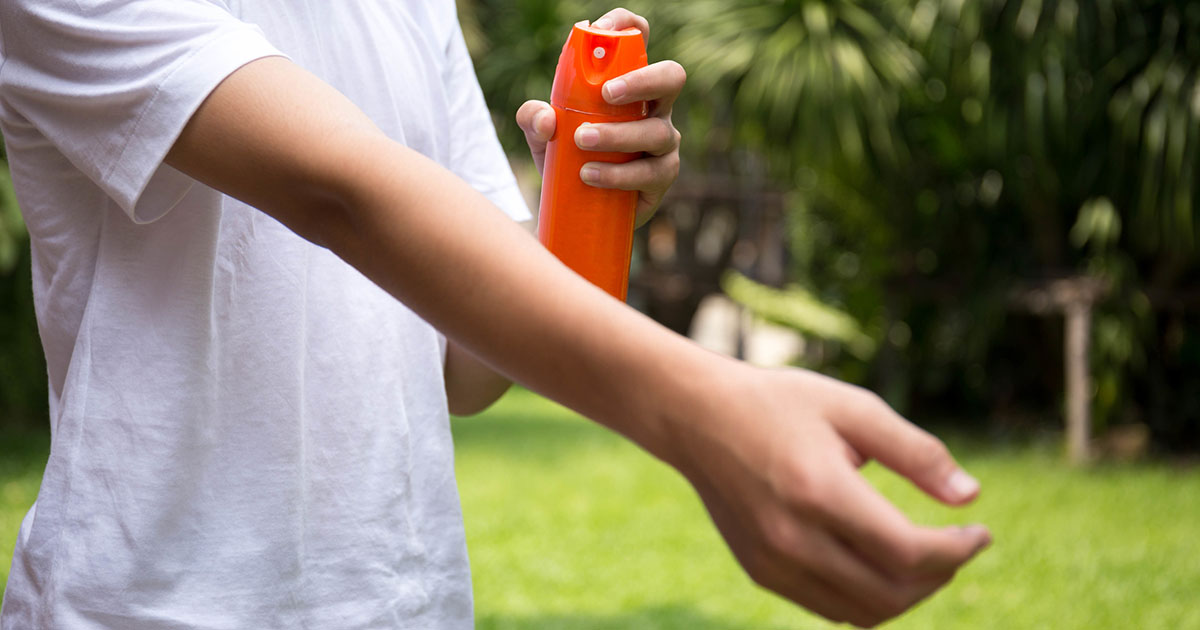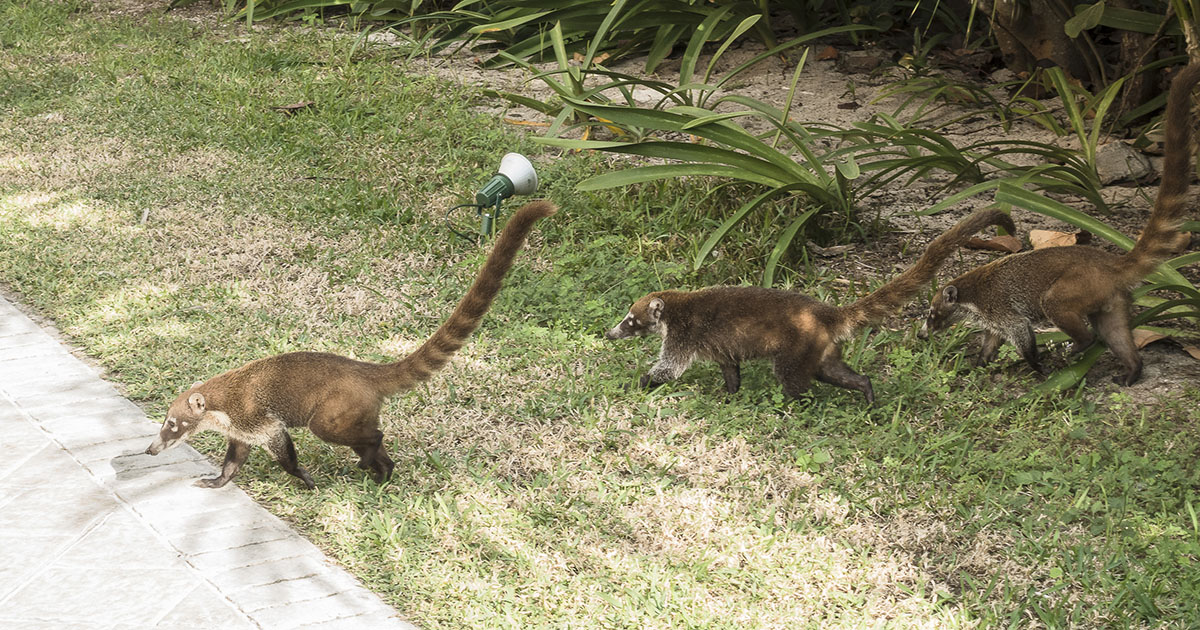The Ultimate Trip Guide; Tips On How To Have A Healthy And Safe Vacation
Prevention Of Insect And Animal Bites

Insect and animal bites can lead to many infectious diseases including the Zika virus, the Ebola virus, bird flu, malaria, rabies, and parasitic infections. There are six simple ways to prevent insect and animal bites: covering up, using insect repellent, not touching stray animals, considering your accommodations, sleeping under a bed net, and applying permethrin insecticide for greater protection. Covering up includes wearing a hat, light-colored, long-sleeved shirts and pants (when appropriate), and loose-fitting clothing you can tuck into your pants and shoes, while also wearing shoes or boots as opposed to sandals, when necessary.
In atick-infested area, you can tape your pant cuffs or tuck them into your socks or shoes. Also, do not walk barefoot onwet sand or grass as you are susceptible to contracting hookworms or other parasites. Use insect repellent on exposed skin when necessary, especially repellent containing DEET or picaridin, which are the most effective, and follow the instructions on the bottle. Also, reapply repellent often when visiting countries known to have insect or mosquito-based diseases.
Preventing Insect & Animal Bites Continued

When in a foreign country - such as Cuba, Mexico, and the Dominican Republic - where stray animals are abundant on the streets and resorts, no matter how cute they are, do not touch them! Many of these furry creatures carry parasites and other diseases, such as fleas and ticks, humans can contract when petting them. Consider your accommodations and ensure you are staying in a well-screened or enclosed air-conditioned room, and avoid staying in poorly constructed housing.
Try to sleep under a bed net, preferably treated with insecticide, and make sure it is not touching you and use it on beds, playpens, cribs, and strollers to protect young children. Lastly, remember to purchase and apply permethrin insecticide where it is available, as it is not used directly on the skin, but rather on clothing to prevent bites, as it can last for up to seven washes.
